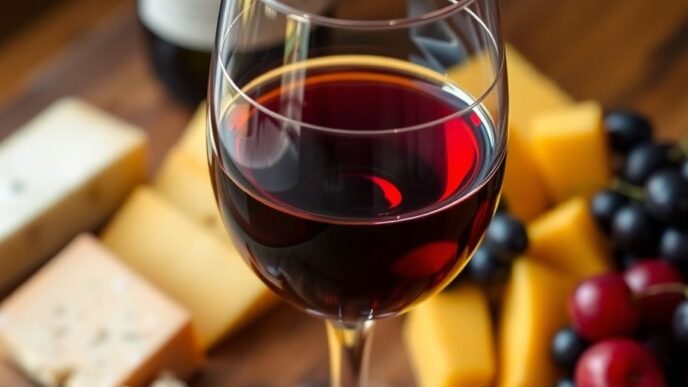Portugal is pushing for a more efficient process for importing Portuguese wines from Brazil, aiming to reduce the lengthy customs delays that currently hinder trade. This initiative was formalized through a protocol signed during the recent G20 meeting in Rio de Janeiro, focusing on enhancing commercial relations between the two nations.
Background of the Initiative
The Portuguese government has expressed concerns over the prolonged customs procedures that delay the entry of its wines into Brazil. The Secretary of State for Agriculture, João Moura, highlighted that these delays are the primary obstacle to increasing exports, overshadowing even the high taxes imposed on wine imports.
Moura noted that there is a significant demand for Portuguese wines among Brazil’s middle and upper classes, but the current customs inefficiencies are detrimental to both Portuguese exporters and Brazilian consumers.
During the G20 meeting, a protocol was signed by the agriculture ministries of both countries to facilitate smoother trade. A Brazilian delegation visited Portugal in late November to discuss the protocol’s implementation and to learn about Portugal’s agricultural practices and product controls. This exchange of knowledge is seen as vital for aligning research and quality standards between the two nations.
Focus on Olive Oil
In addition to wines, the protocol also addresses the barriers faced by Portuguese olive oil in entering the Brazilian market. Moura emphasized the need to overcome these challenges, expressing optimism about the willingness of Brazilian authorities to reach a consensus.
Future Prospects
Both countries recognize the potential for expanding their agricultural partnership. The focus on technical and scientific collaboration is expected to strengthen trade ties and improve the efficiency of product imports and exports. As Brazil remains the largest market for Portuguese wines, the successful implementation of these initiatives could significantly boost trade volumes and enhance consumer access to quality products from Portugal.
In conclusion, the efforts to streamline the import process for Portuguese wines and olive oils reflect a broader commitment to enhancing bilateral trade relations, benefiting both Portuguese exporters and Brazilian consumers alike.













